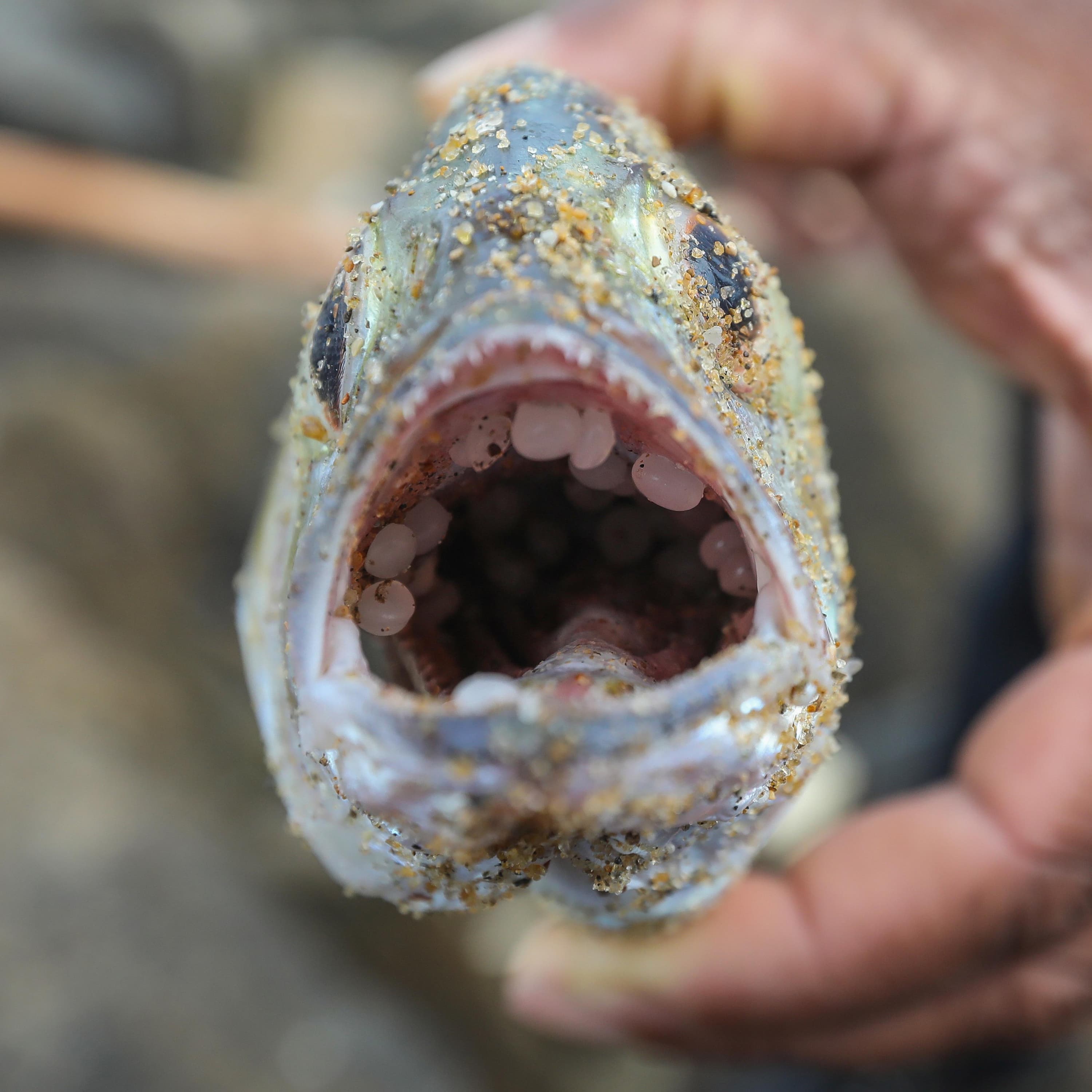
Covid-19 ethics: should we deliberately infect volunteers in the name of science? Part 2
Loading player...
Teams around the world are hard at work developing Covid-19 vaccines. While any potential candidate will need to be tested on thousands of volunteers to prove its safety and efficacy, some scientists have argued that the race to the finish line could be sped up by human challenge trials — where participants are infected with a special strain of the virus. Ian Sample delves into some of the misconceptions and hurdles inherent in this kind of research. In the second of two episodes, Ian explores the importance of rescue treatments, what happens if something goes wrong, and whether it would ever be morally permissible to deliberately infect those most at risk of Covid-19, like volunteer octogenarians. Help support our independent journalism at theguardian.com/sciencepod




